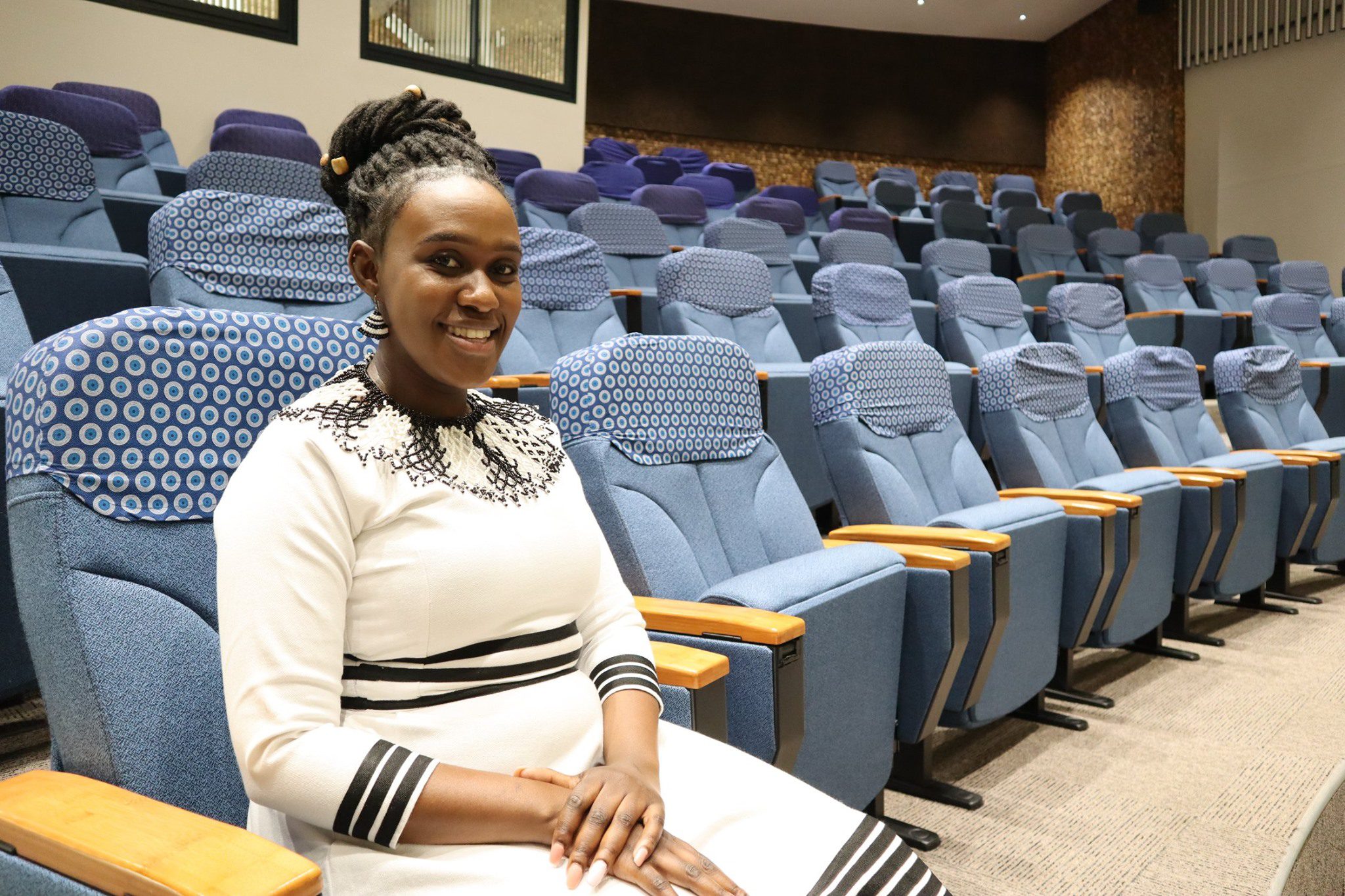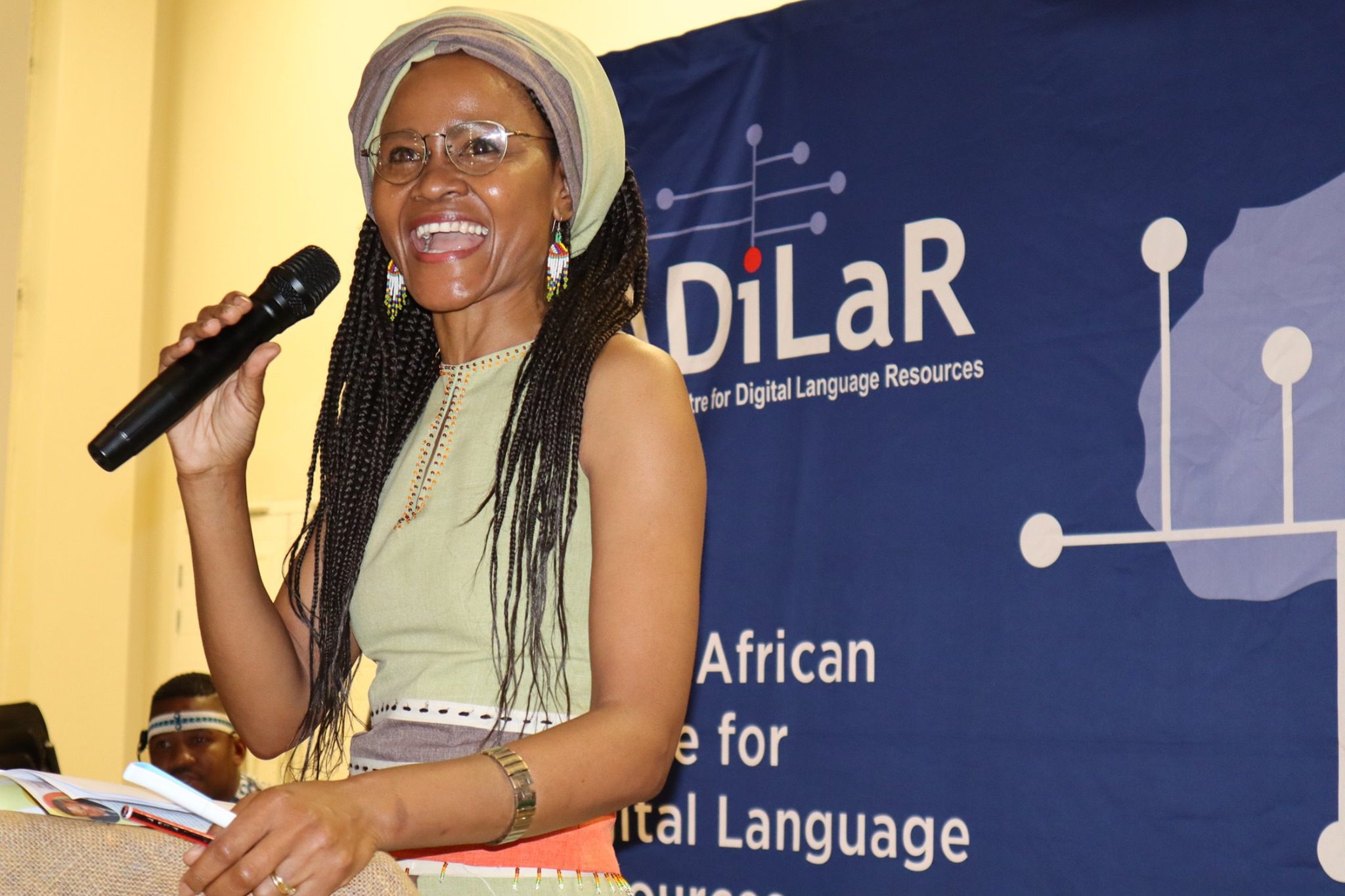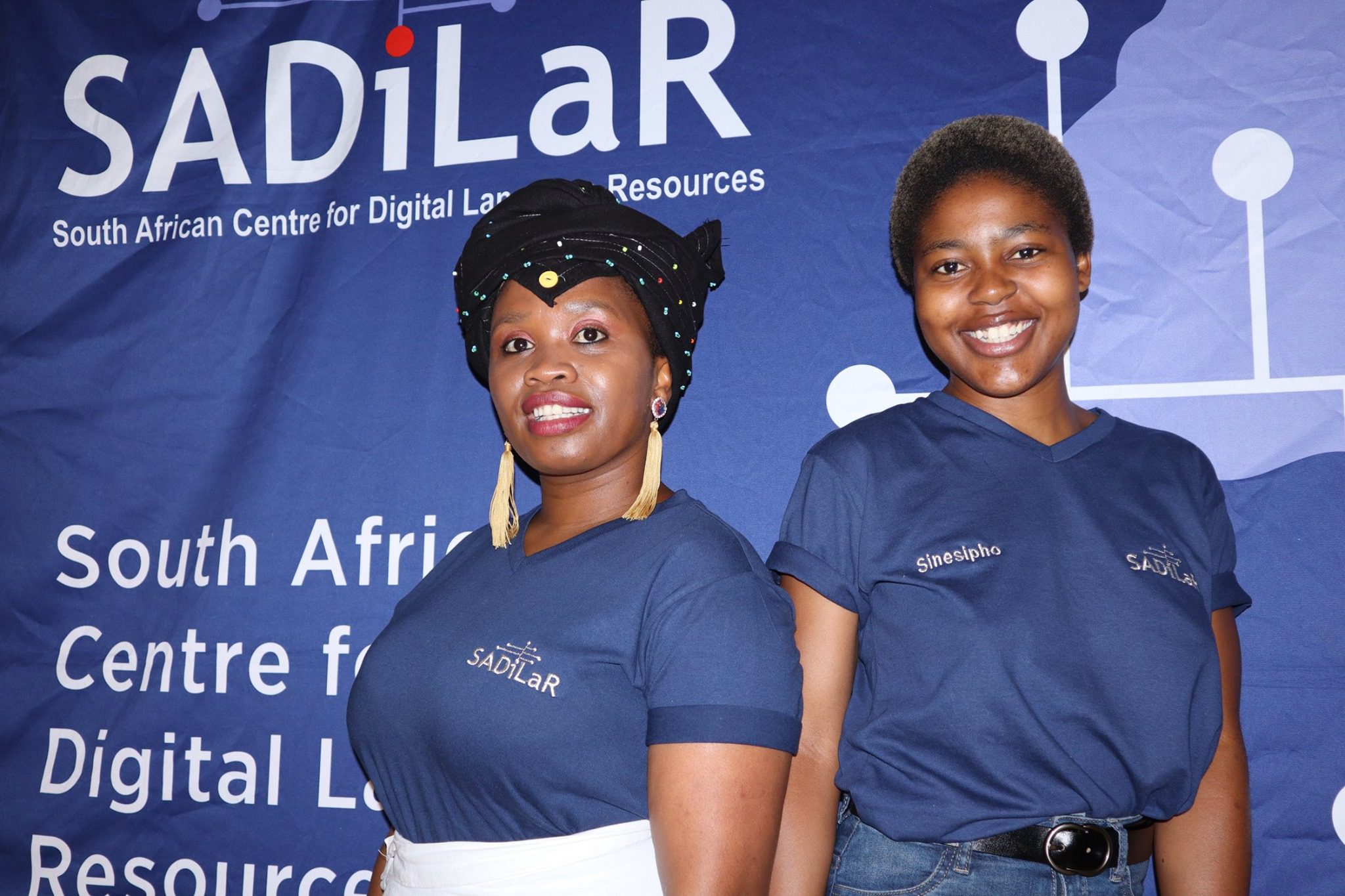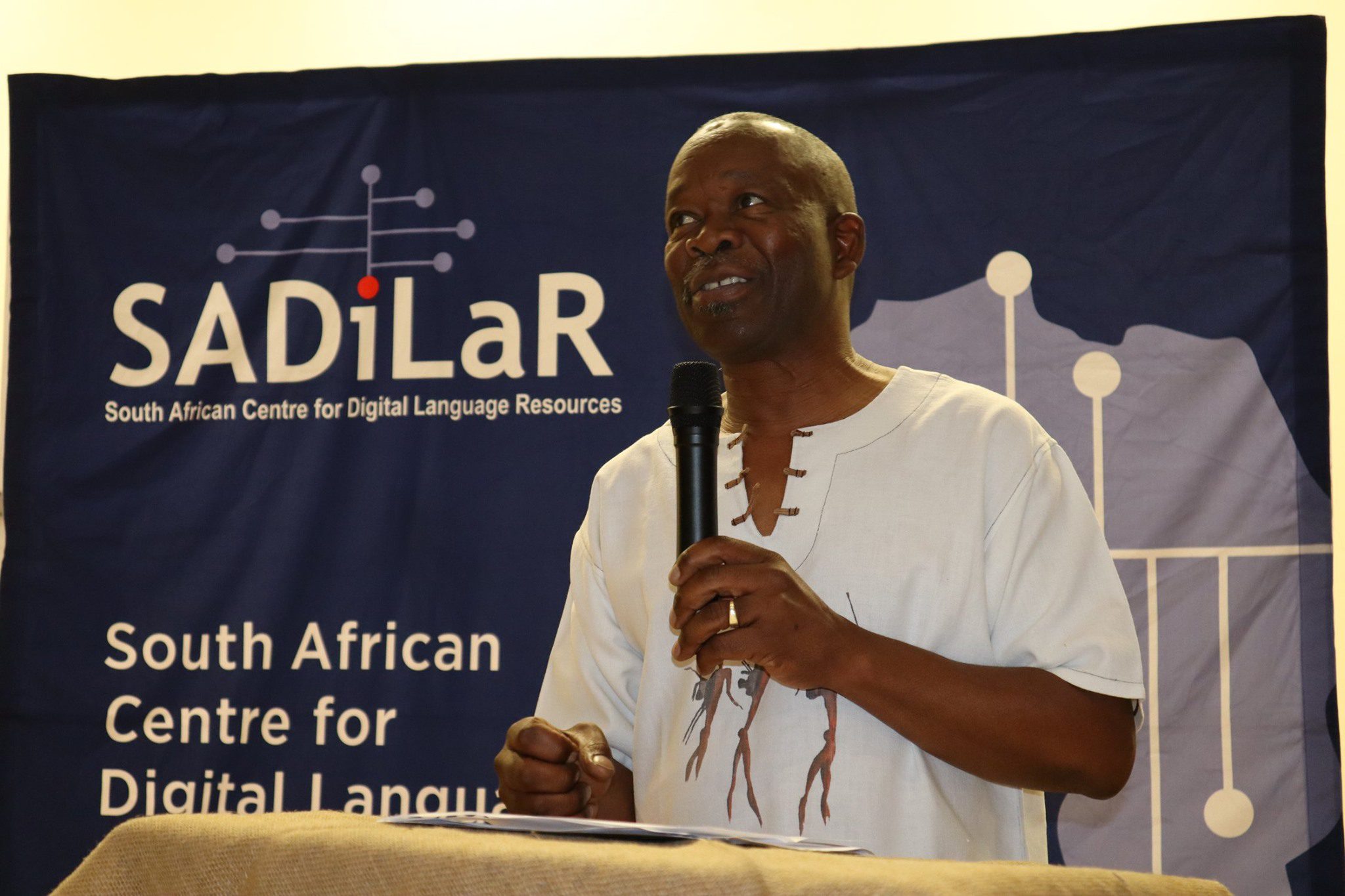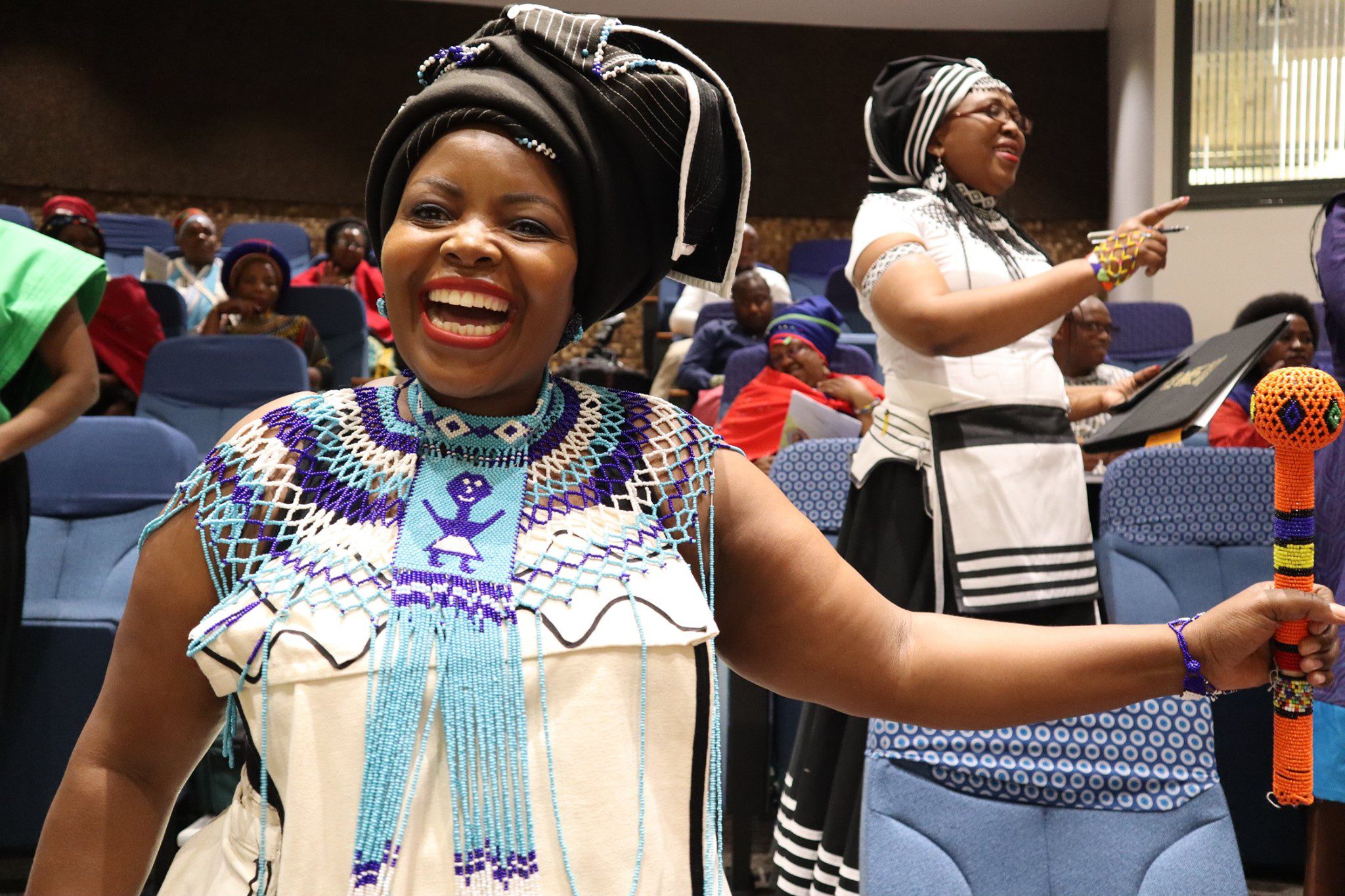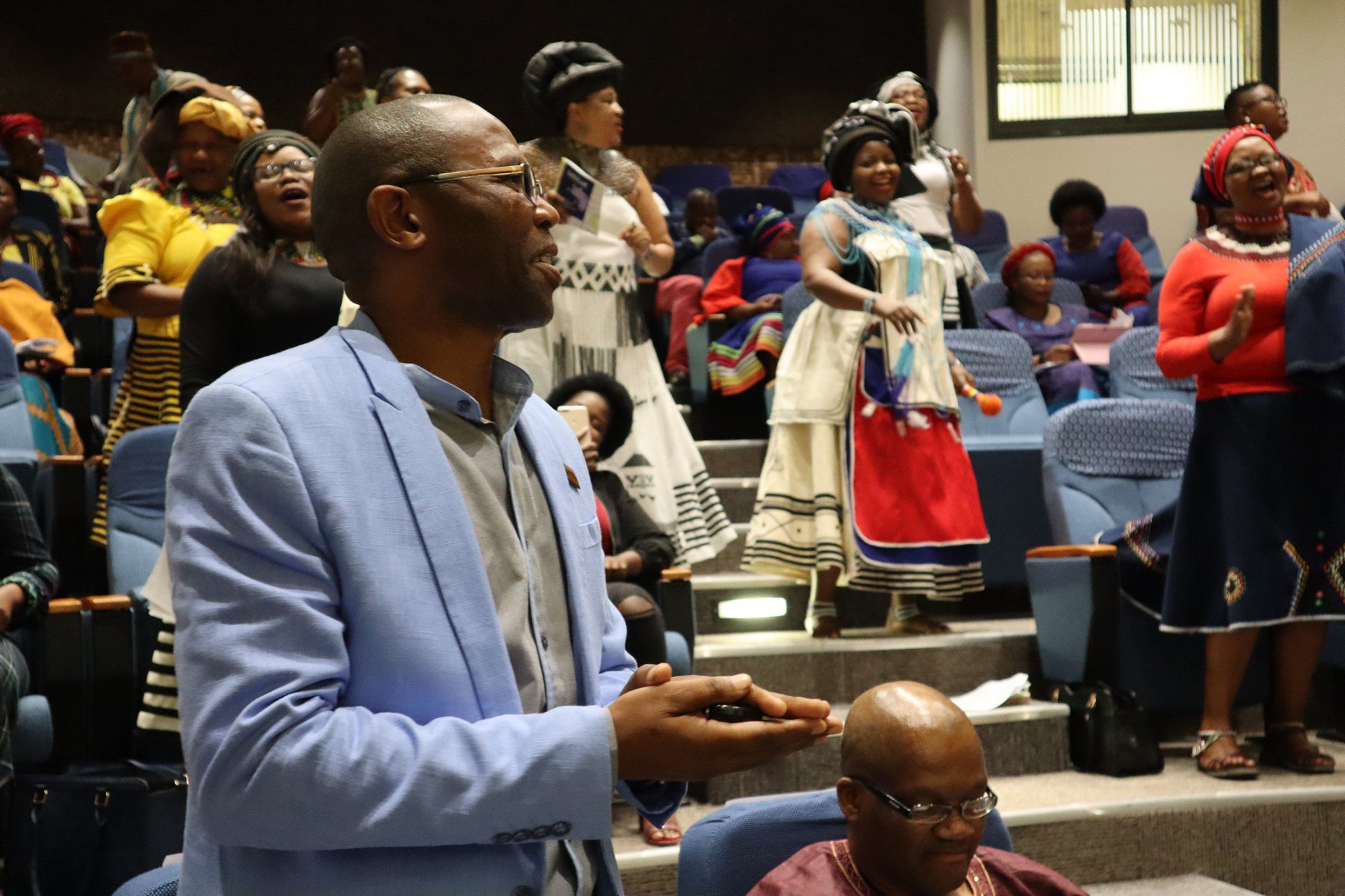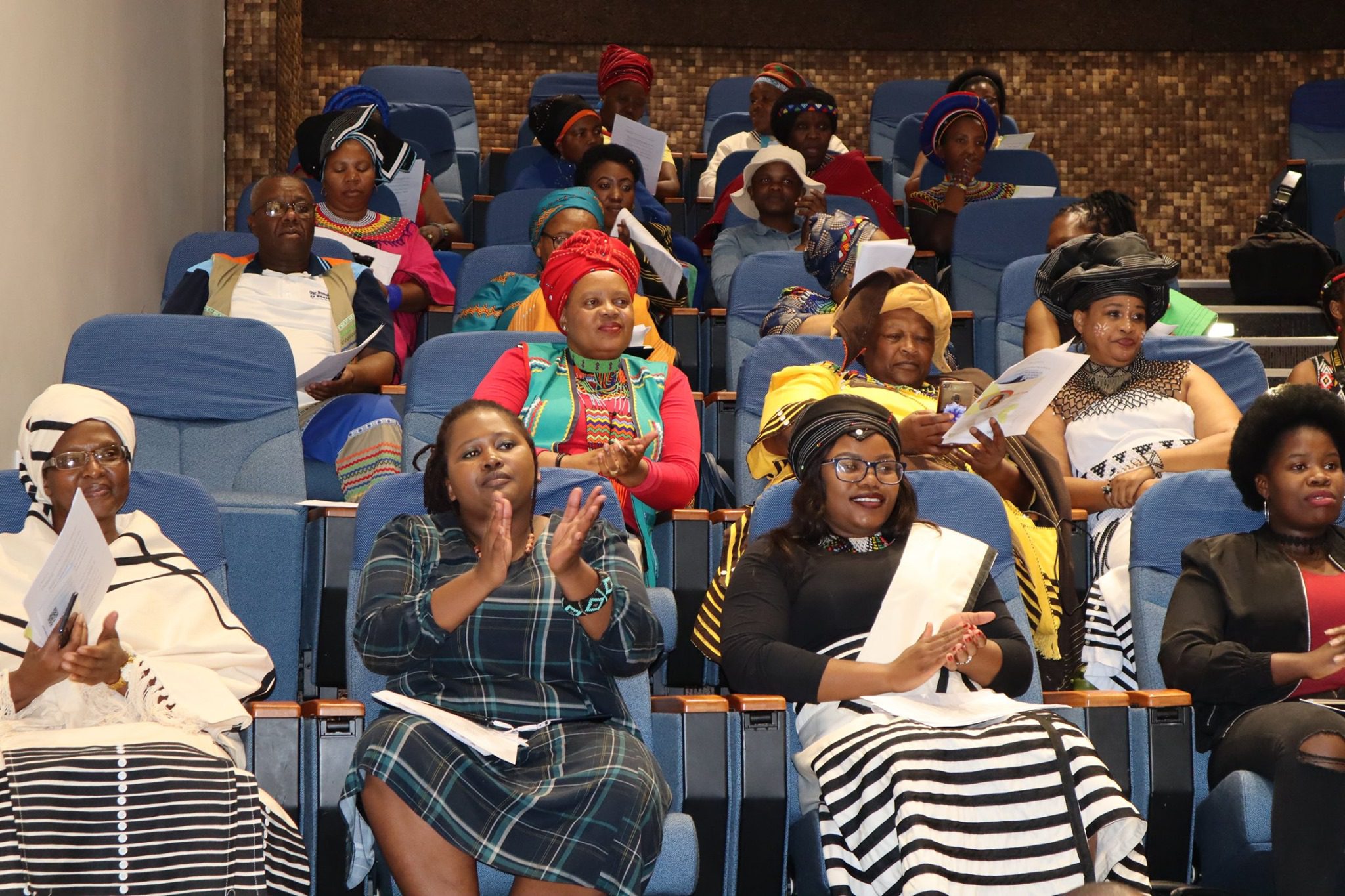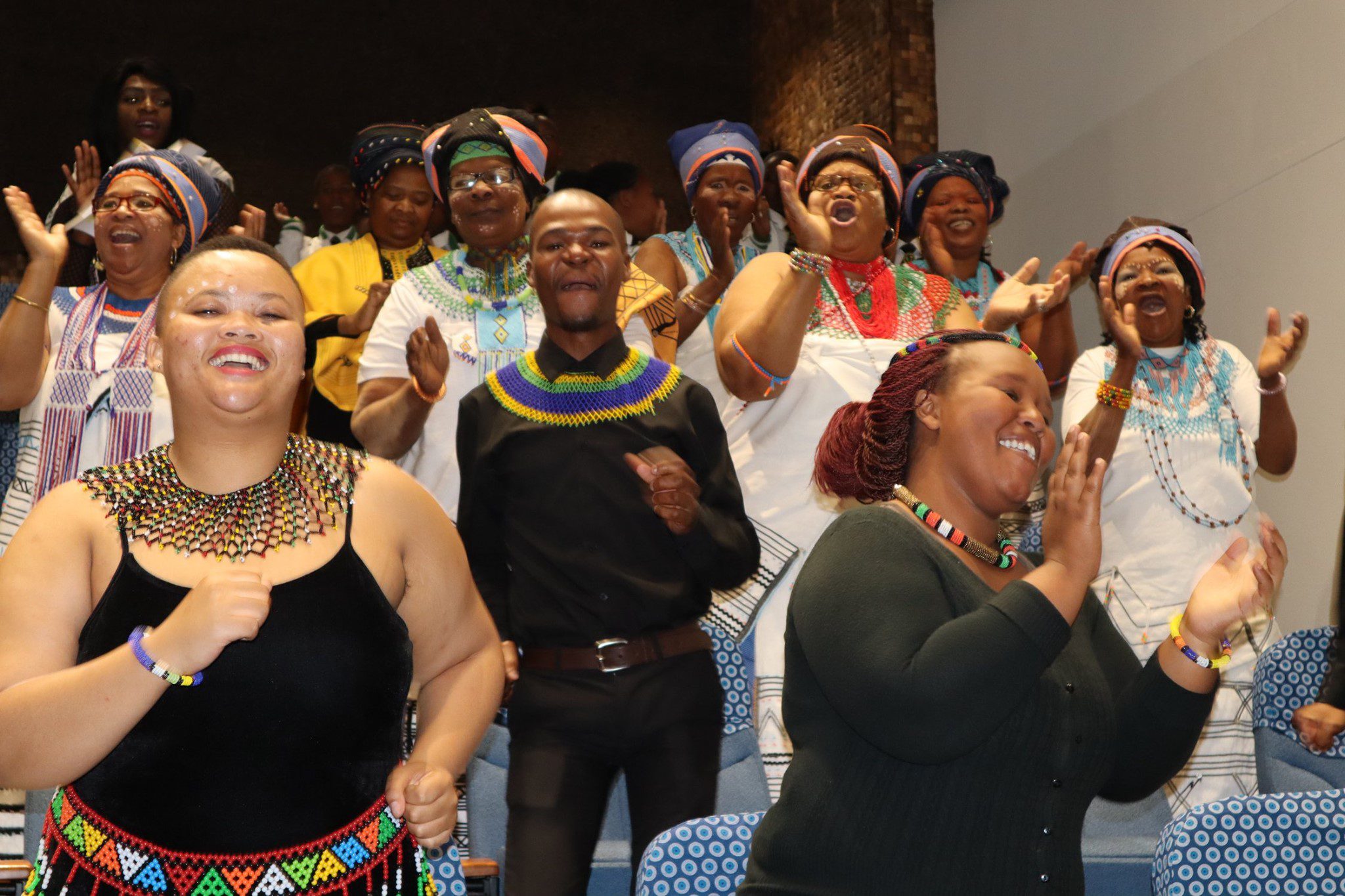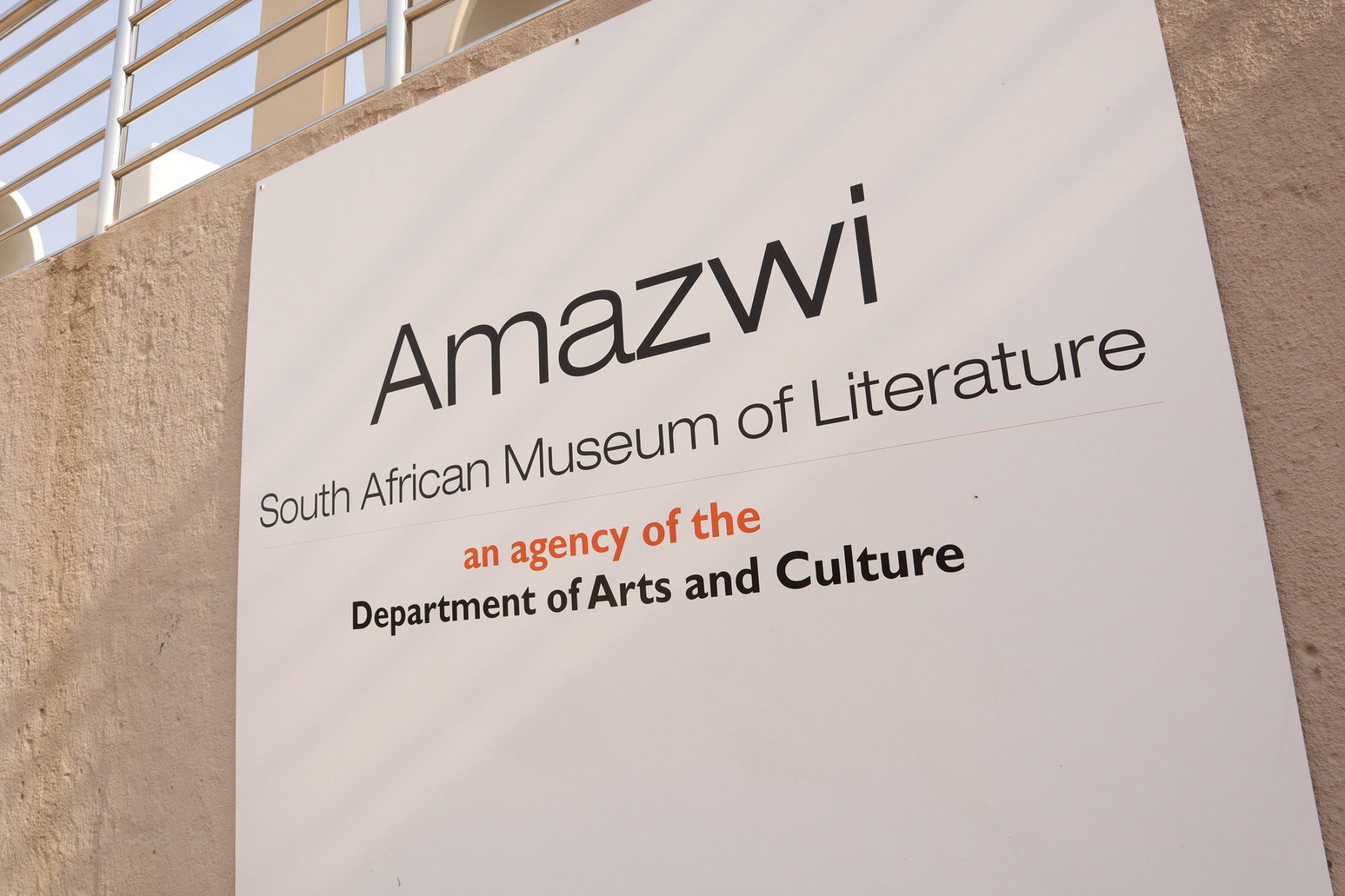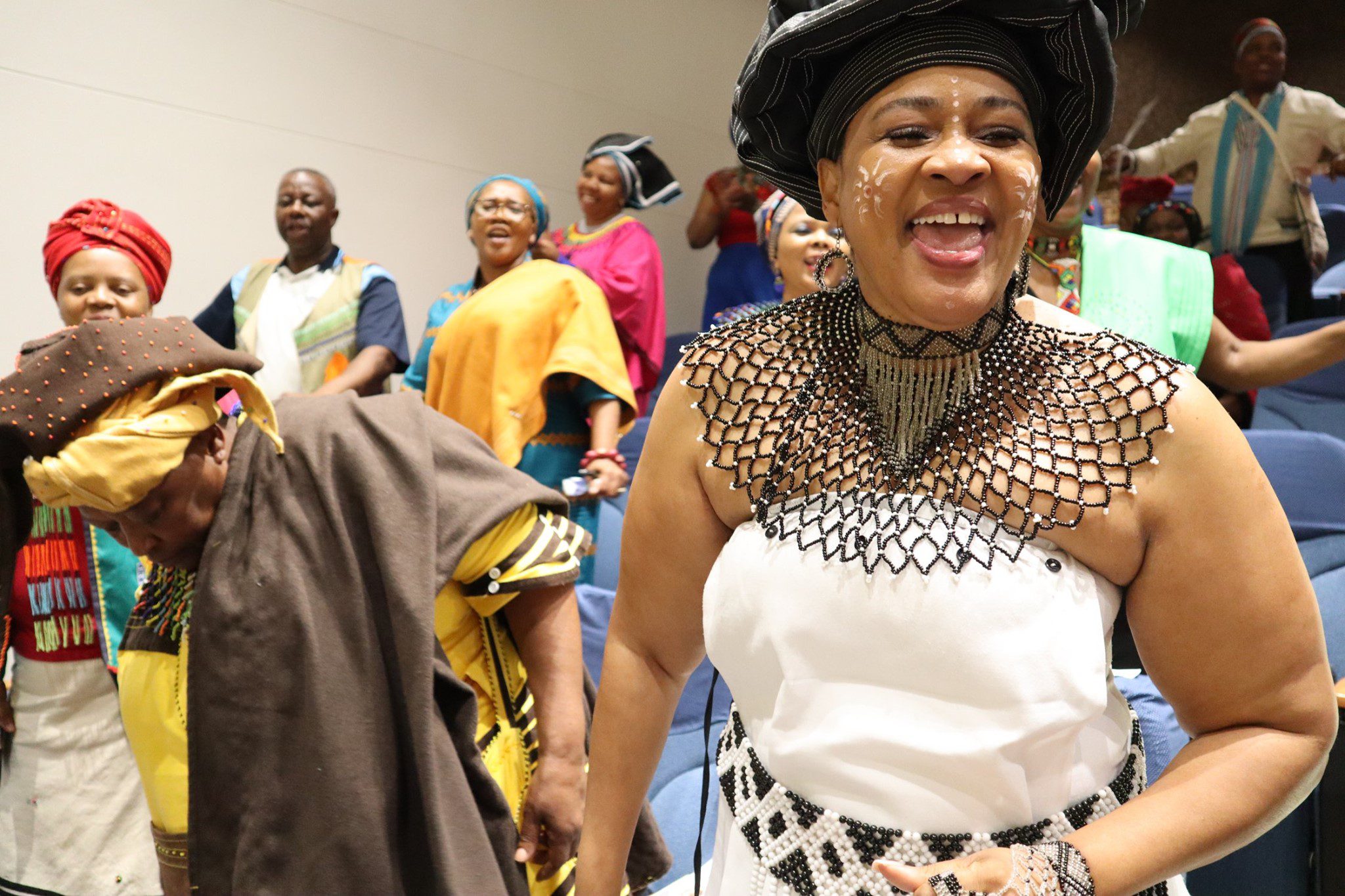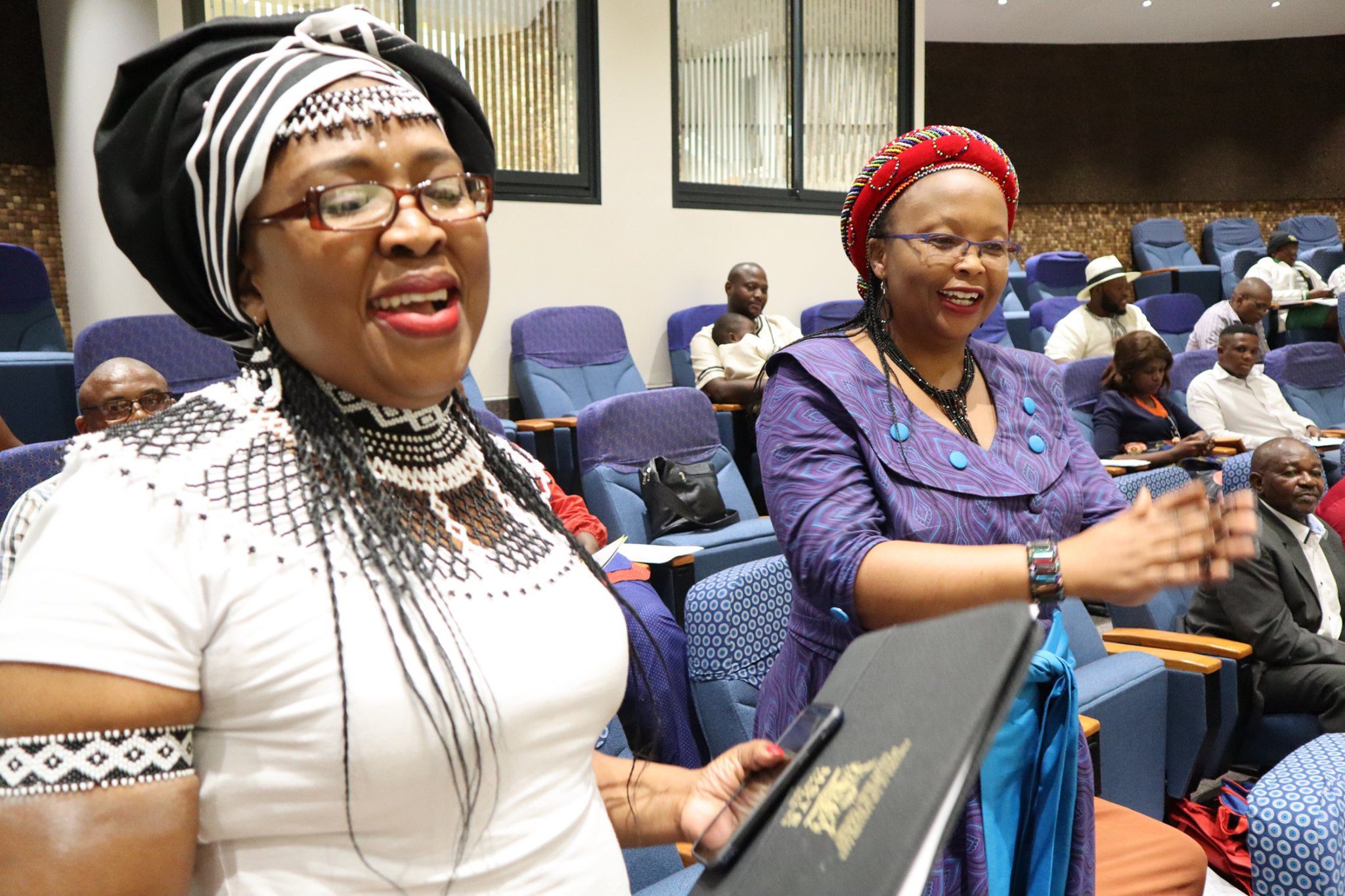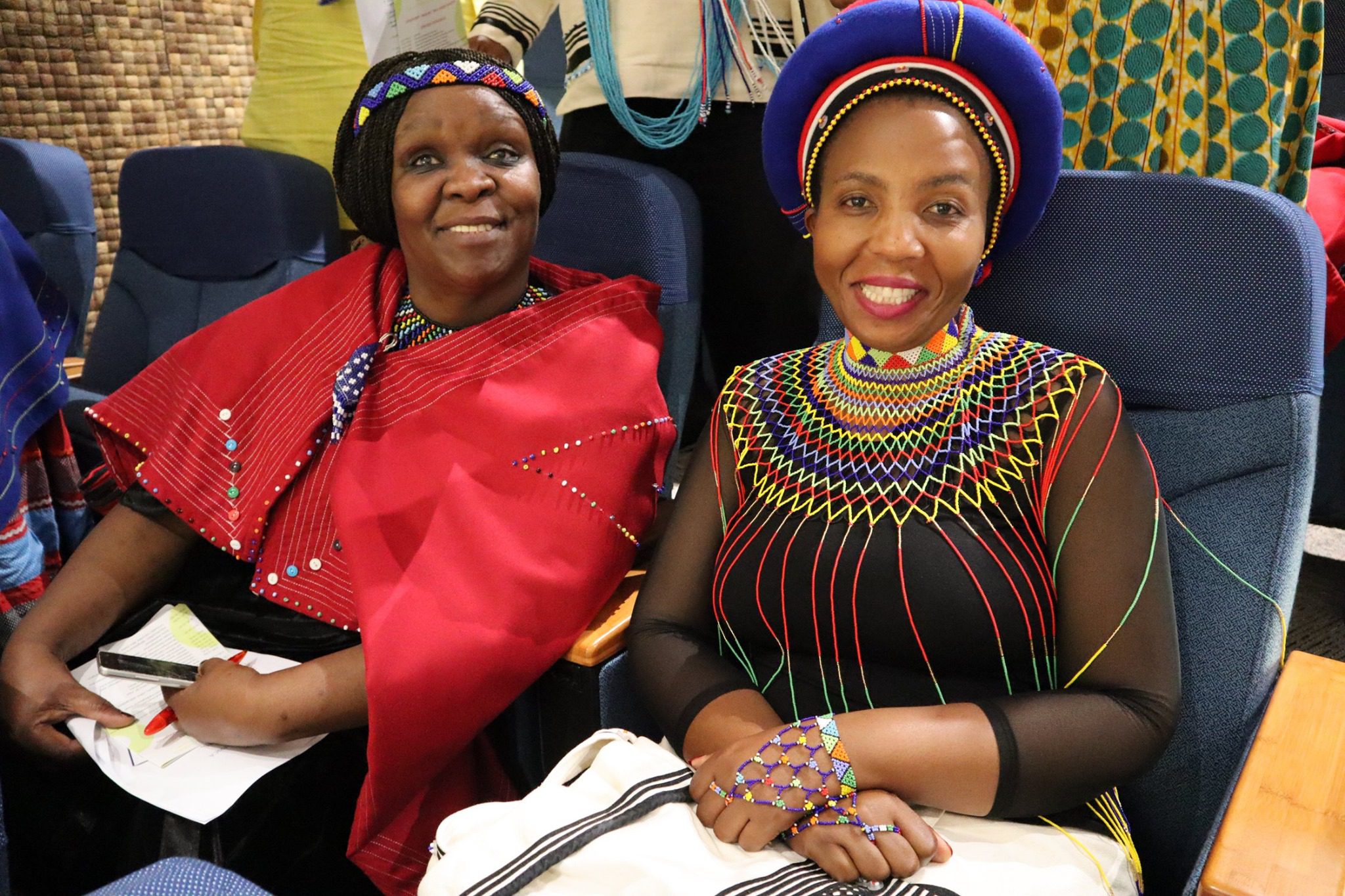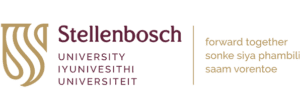As the South African Centre for Digital Language Resources initiated the celebration of all official languages, by means of hosting various workshops and colloquiums at various universities in South Africa, isiXhosa enjoyed the spotlight for the September celebrations. These initiatives aim to share ideas and take action in creating awareness of our languages and in working on the development of our languages and language resources.
At an event recently held in Makhanda in the Eastern Cape, some 110 people attended the glamorous isiXhosa occasion as it forms part of the local support of UNESCO’s 2019 International Year of Indigenous Languages.
The recent celebration saw high profile speakers in the fields of language research. They were applauded by the audience for making huge contributions towards the development of the isiXhosa language. They included:
- Prof Ncedile Saule, a research fellow at Rhodes University where he promotes Masters and Doctoral students within the School of Language and Literature at the Department of African Languages and Creative Writing;
- Terence Ball, currently working for the South African National Lexicography Units where he represents the official languages of South Africa;
- Pindo Cynthia Somkebe, a senior educational specialist in the Chris Hani West district;
- Nontembiso Putumo-Jaxa, a senior educational specialist for isiXhosa in the Eastern Cape Department of Education;
- Nomthandazo Mbena-Lilatyi, a senior educational specialist for isiXhosa in the Eastern Cape Department of Education;
- Professor Menzi Meshack Minsie Duka, an academic, community leader, author and poet who writes in isiXhosa and English;
- Dr Hleze Kunju, the associate head of Creative Writing at Rhodes University’s School of Language and Literacy.
Andiswa Bukula, a SADiLaR researcher for isiXhosa, welcomed the audience and explained the role of SADiLaR in the South African context. “The atmosphere here today is contagious! We are privileged to be able to celebrate our language today and I thank you for the great attendance. SADiLaR offers training and workshops in various digital tools at national level and together with our partners from all other universities, we aim to unlock the full spectrum of resources to create a broader digitalized footprint of South Africa’s indigenous languages. We are thankful for everyone’s support in our mission,” she said.
SADiLaR, hosted by the North-West University, mainly runs two programmes:
- A digitisation programme, which entails the systematic creation of relevant digital text, speech and multi-modal resources related to all official languages of South Africa. The development of appropriate natural language processing software tools for research and development purposes are included as part of the digitisation programme.
- A Digital Humanities programme, which facilitates the building of research capacity by promoting and supporting the use of digital data and innovative methodological approaches within the Humanities and Social Sciences.
The event also received a message of support from the Secretary-General of the South African National Commission for UNESCO, Mr Carlton Lufuno Mukwevho.
“The National Development Plan recognises and restates the importance of African languages as integral to science and technology education and to the development and preservation of these languages. The United Nations declared 2019 the International Year of Indigenous Languages in order to raise awareness of them, not only to benefit the people who speak these languages, but also for others to appreciate the important contribution they make to our world’s rich cultural diversity. South Africa as a Member State of the United Nations supports this very important drive as it is through language that we communicate with the world, define our identity, express our history and culture, learn, defend our human rights and participate in all aspects of society, to name but a few. Through language, people preserve their community’s history, customs and traditions, memory, unique modes of thinking, meaning and expression. We also use it to imagine our individual as well as collective future as it is pivotal in the areas of human rights protection, good governance, peace building, reconciliation and sustainable development, Mr Mukwevho said.”
One of the attendees, Bulelwa Nosilela, said she is grateful to be part of this celebration. “This is an extraordinary event where we also had the opportunity to acknowledge the work of isiXhosa people who have passed on. Thank you to everyone who made this day possible. It is evident that dedication towards the development of indigenous languages enjoyed priority.”
SADiLaR has dedicated the month of October to celebrate Siswati as an official language of South Africa. Please join our social media pages for updates on events and feel free to contact us if you have any language-related news you want to share, or join us in creating language-related events. To get involved in our celebrations, or for more information, please contact Liané van den Bergh at liane.vandenbergh@nwu.ac.za.
SADiLaR is a national infrastructure funded by the Department of Science and Innovation as part of the South African Research Infrastructure Roadmap.
